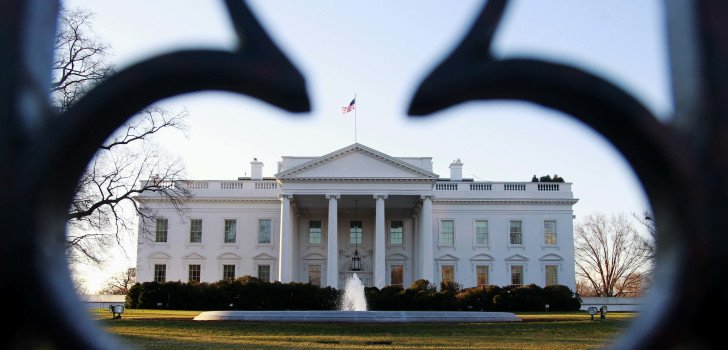Media types often remark that the Obama administration as one of the least press-friendly of modern times, with a track record of stonewalling, investigating and generally snubbing the media. Yet on Saturday night, media’s most prominent members will party with the very president whose administration has treated them, and thus the American people, with such disrespect.
The contradiction is palpable.
At the White House Correspondents’ Association (WHCA) dinner on Saturday a ballroom full of Washington media types, advertisers and a few celebrities will schmooze with the same government officials, including the president, that they are supposed to be holding to account.
Most big news organizations refuse to take a stand on the issue and party on. This year’s event is just as popular as it has always been. All 260 tables at the Washington Hilton, 2,600 seats in all, are sold out despite a $3,000 price tag per table. In fact the event is so popular that the WHCA turned away 1,200 requests for tickets this year.
But a few reputable news outfits take a stand on the ethical issues with the dinner. The New York Times has been banning its reporters from attending since 2007. Dean Baquet, the Times’ executive editor, said this week that he imposed the ban when he was Washington bureau chief because he thought the dinner made “the press and politicians [look] too cozy.”
News personality Tom Brokaw expressed similar sentiments in 2012 after watching the fuss kicked up around attendee Lindsay Lohan. “If there’s ever an event that separates the press from the people that they’re supposed to serve, symbolically, it is that one,” Brokaw said on Meet the Press. “It is time to rethink it.”
While few are willing to sacrifice a trip to the glitzy dinner on mere ethical grounds, many journalists would probably agree with a more general critique of president Obama: his administration has often been uncooperative, if not downright hostile, to the people who cover him.
Some journalists have been refreshingly blunt in their assessments. In a TV interview given last year, Jill Abramson, then editor of the Times, called the administration “the most secretive” she had ever encountered in her career.
David Sanger, the Times‘ White House correspondent, described the Obama administration as “the most closed, control-freak administration I’ve ever covered,” in a report by the Committee to Protect Journalists in 2013.
To underscore the point, President Barack Obama’s Justice Department has initiated seven investigations of classified leaks to news organizations, which is more than double those of any previous administration. And it has used unusually aggressive tactics in doing so, such as issuing secret subpoenas to seize phone records of reporters and editors at The Associated Press and labeling Fox News reporter James Rosen as “an aider, abettor and/or conspirator” of a suspected leaker.
To press advocates, this is criminalizing the act of reporting.
For an administration that rose to prominence on the ideas of hope, change and transparency Obama and his team, led by architect Valerie Jarret, have taken nothing but a business as usual attitude.
A White House spokesman declined to comment.
Stay Connected